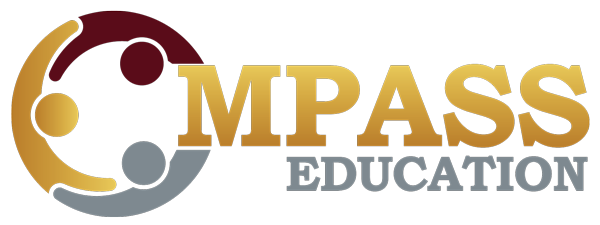Shaping the Future Beyond “not a math person”
Welcome to the final post in this series. If you’re new here, I strongly suggest reading the earlier blogs first — they carry the real weight behind what you’ll read today.
We’ve looked at history, the “isms” of math, and the ways this phrase keeps creeping forward. But here’s the bottom line: “Not a math person” has to die. It’s outdated, it’s harmful, and the longer we let it live, the more damage it causes. Every time someone defines themselves this way, they step further back from even trying. It becomes a self-fulfilling prophecy of failure. And every attempt to re-engage them later feels like a personal attack, not an opportunity.
So let me break one of my own blog rules and straight up call out any teachers still using this phrase: you are WRONG and must stop immediately. Even if you mean it as a lighthearted joke, you are still in the wrong. No matter how lighthearted you are being you are perpetuating years of oppression. All students are math people, and all people have the ability to use math as a tool to make informed life decisions.
For those who’ve already erased this phrase from your vocabulary, you’re ahead of the curve. It has been referenced numerous times in the field of sociology that to only study a topic is doing a disservice. One must advocate and work for change to truly be a sociologist (most commonly seen in the study of marginalized groups). We have to work together to shut this phrase down completely.
Do I wish every classroom could be filled only with positive self-talk? Of course. But at the very least, we must kill the overgeneralization of “not a math person.” Narrow it down if you must: “I’m not good at BLANK.” Or even: “I’m not a calculus person.” Because SAME girl SAME! I was that kid sitting in calc asking “where did the numbers go?” But then again, I can’t say much I dropped it after only about a month and never returned. I still went on to do advanced work in fields that literally required calculating the forces keeping buildings from collapsing. If I can succeed without calculus, so can plenty of others.
That’s why it’s time to change how we define success in math. Being “a math person” shouldn’t mean mastering calculus or breezing through standardized tests. It should mean being able to use basic math to navigate daily life and make informed decisions. And if we’re honest, most of the high school curriculum doesn’t fit that bill anyway. When was the last time you used the Pythagorean theorem outside of school? Or calculated a standard deviation at the grocery store? Exactly.
The phrase is harmful, the standard is broken, and the solution is clear: math belongs to everyone. Let’s stop saying otherwise.
